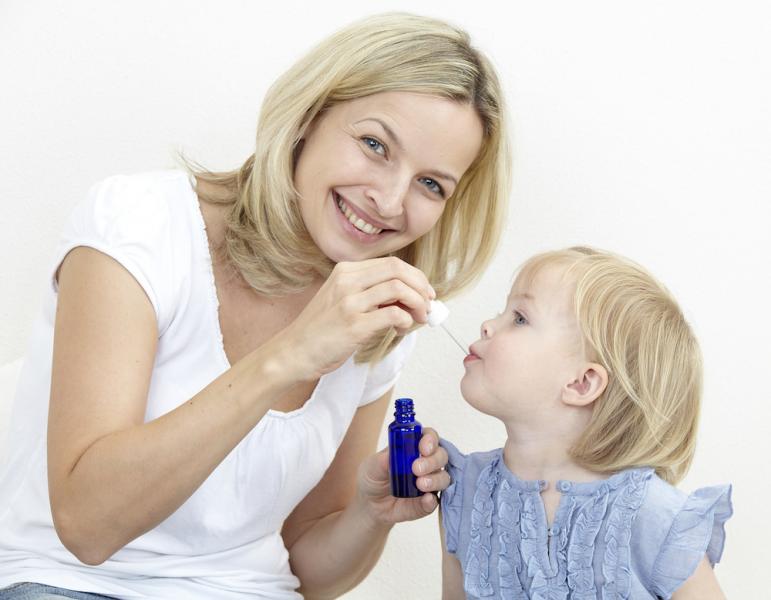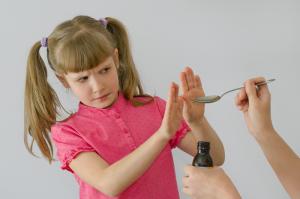
 Safe and Effective Remedies for Kids
Safe and Effective Remedies for Kids
(And How to Get Them to Enjoy Taking Them)
Parents who want to use herbal medicine with their children face many questions. Is it safe to use herbs with children? If so, what herbs are best for children? How do I adjust the dose for my child’s age and weight? And, how do I get my child to take icky tasting herbs, especially if they can’t swallow capsules? In this issue of Sunshine Sharing, we’ll address these questions and provide a list of safe remedies for common ailments that affect children.
What Herbs Are Safe for Children?
Generally speaking any non-toxic herb is safe to use with children two and older. If an herb has no toxic effects on an adult it should be safe for a child. Children have more sensitive systems than adults, which means that they do well with mild-acting remedies and don’t need stronger, more harshly acting remedies.
Because infants (children under the age of two) are especially sensitive you should be more cautious, but there are still many mild herbal remedies that are safe to use.
The general guidelines are as follows. Don’t use herbs that are extremely bitter, strongly astringent or pungent (spicy) with small children. Also avoid herbs that are strongly hormonal or are generally used as tonics for the elderly, such as ginseng or black cohosh. Children will instinctively not want to take these stronger remedies anyway.
When using herbs for children choose herbs that have a more food-like action; remedies that people have either eaten as foods or have used to season foods. For example, consider gentle aromatics, alteratives, fruits or mucilaginous remedies. The bottom line is if it’s really nasty-tasting to adults, you probably shouldn’t give it to children unless it’s a small part of a formula containing milder herbs.
Additional Resources
Strategies for Health by Steven Horne
Become a Member
Steven Horne's monthly member program is a way for you to get great information about herbs and natural healing to build your herbal business. Including the ability to share issues of Sunshine Sharing like this one. Click here to learn more.


